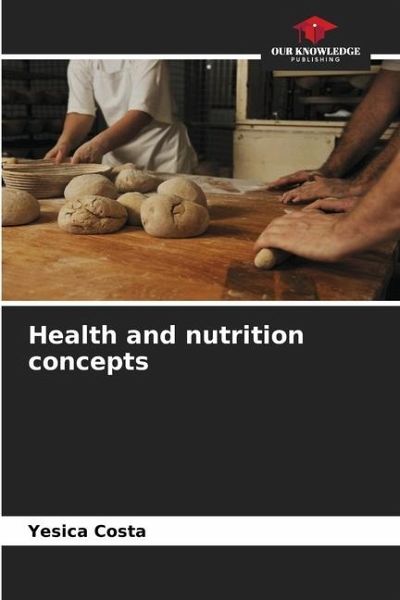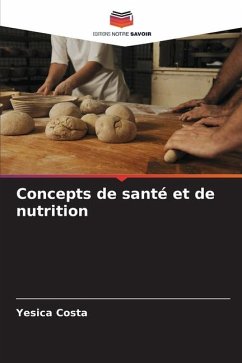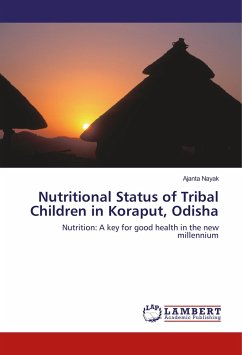
Health and nutrition concepts
Versandkostenfrei!
Versandfertig in 6-10 Tagen
36,99 €
inkl. MwSt.

PAYBACK Punkte
18 °P sammeln!
The province of Jujuy has approximately 213 institutions that serve vulnerable groups. The institution as such constitutes a space of constant interaction, communication and learning where, in addition, conceptions of health and nutrition are produced and reproduced which intervene in the lives of the subjects, in their perceptions, habits and decision-making. Most of the institutions are limited exclusively to the lunch service, a welfare character that limits the institution and blurs the needs of the children and adolescents who attend the canteen, as we will be able to observe and deepen t...
The province of Jujuy has approximately 213 institutions that serve vulnerable groups. The institution as such constitutes a space of constant interaction, communication and learning where, in addition, conceptions of health and nutrition are produced and reproduced which intervene in the lives of the subjects, in their perceptions, habits and decision-making. Most of the institutions are limited exclusively to the lunch service, a welfare character that limits the institution and blurs the needs of the children and adolescents who attend the canteen, as we will be able to observe and deepen throughout this book by investigating the conceptions of health and nutrition that underlie the employees of the children's canteen, how the regulations in force in the institution define a specific concept of health and what are the social, cultural, educational and economic factors that influence the establishment of a healthy and nutritious menu, among other issues. It also includes an intervention project created on the basis of the conclusions reached, with the aim of strengthening the children's canteen.












